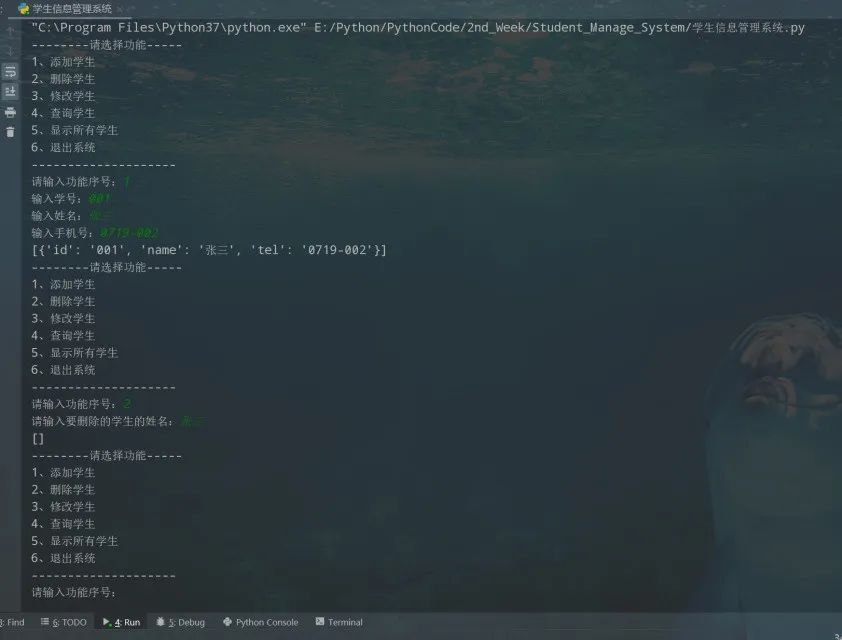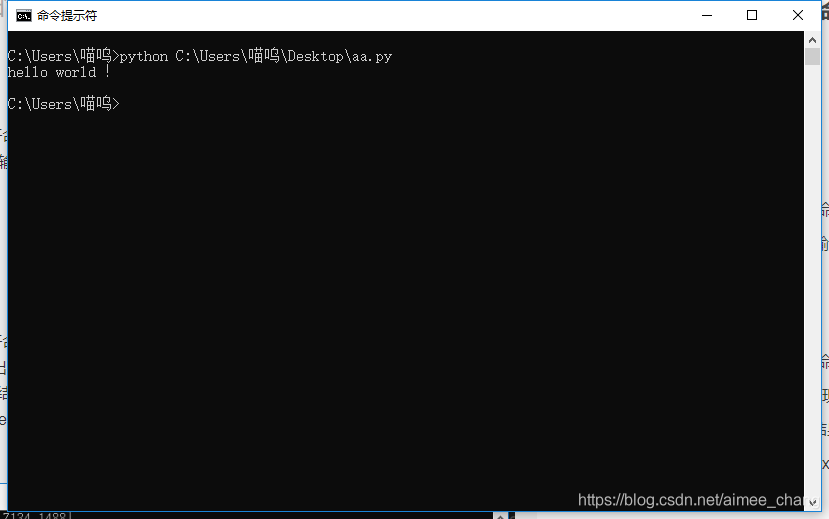获得当前机器的名字:
def hostname():
sys = os.name
if sys == 'nt':
hostname = os.getenv('computername')
return hostname
elif sys == 'posix':
host = os.popen('echo $HOSTNAME')
try:
hostname = host.read()
return hostname
finally:
host.close()
else:
return 'Unkwon hostname'
获取当前工作路径:
import os
os.getcwd()#or
#os.curdir just return . for current working directory.
#need abspath() to get full path.
os.path.abspath(os.curdir)
获取系统的临时目录:
os.getenv('TEMP')
字符串与int,long,float的转化:
python的变量看起来是没有类型的,其实是有变量是有类型的。
使用locale模块下的atoi和atof来将字符串转化为int或float,或者也可以直接使用int(),float(),str()来转化。以前的版本中atoi和atof是在string模块下的。
s = "1233423423423423"
import locale
locale.atoi(s)
#1233423423423423
locale.atof(s)
#1233423423423423.0
int(s)
#1233423423423423
float(s)
#1233423423423423.0
str(123434)
"123434"
bytes和unicodestr的转化:
# bytes object
b = b"example"
# str object
s = "example"
# str to bytes
bytes(s, encoding = "utf8")
# bytes to str
str(b, encoding = "utf-8")
# an alternative method
# str to bytes
str.encode(s)
# bytes to str
bytes.decode(b)
写平台独立的代码必须使用的:
>>> import os
>>> os.pathsep
';'
>>> os.sep
'\\'
>>> os.linesep
'\r\n'
本文收集的几个Python小技巧分享到此结束。坚强的信心,能使平凡的人做出惊人的事业。小编再次感谢大家对我们的支持!





